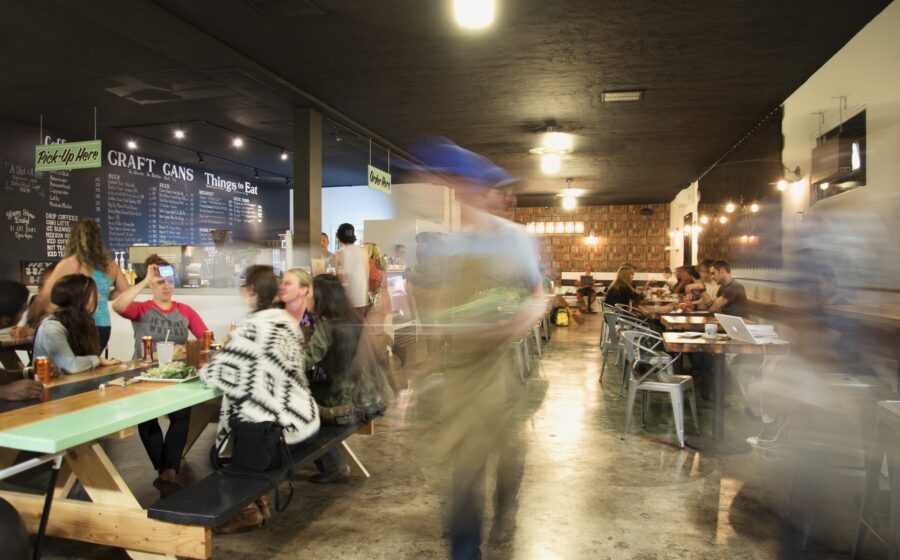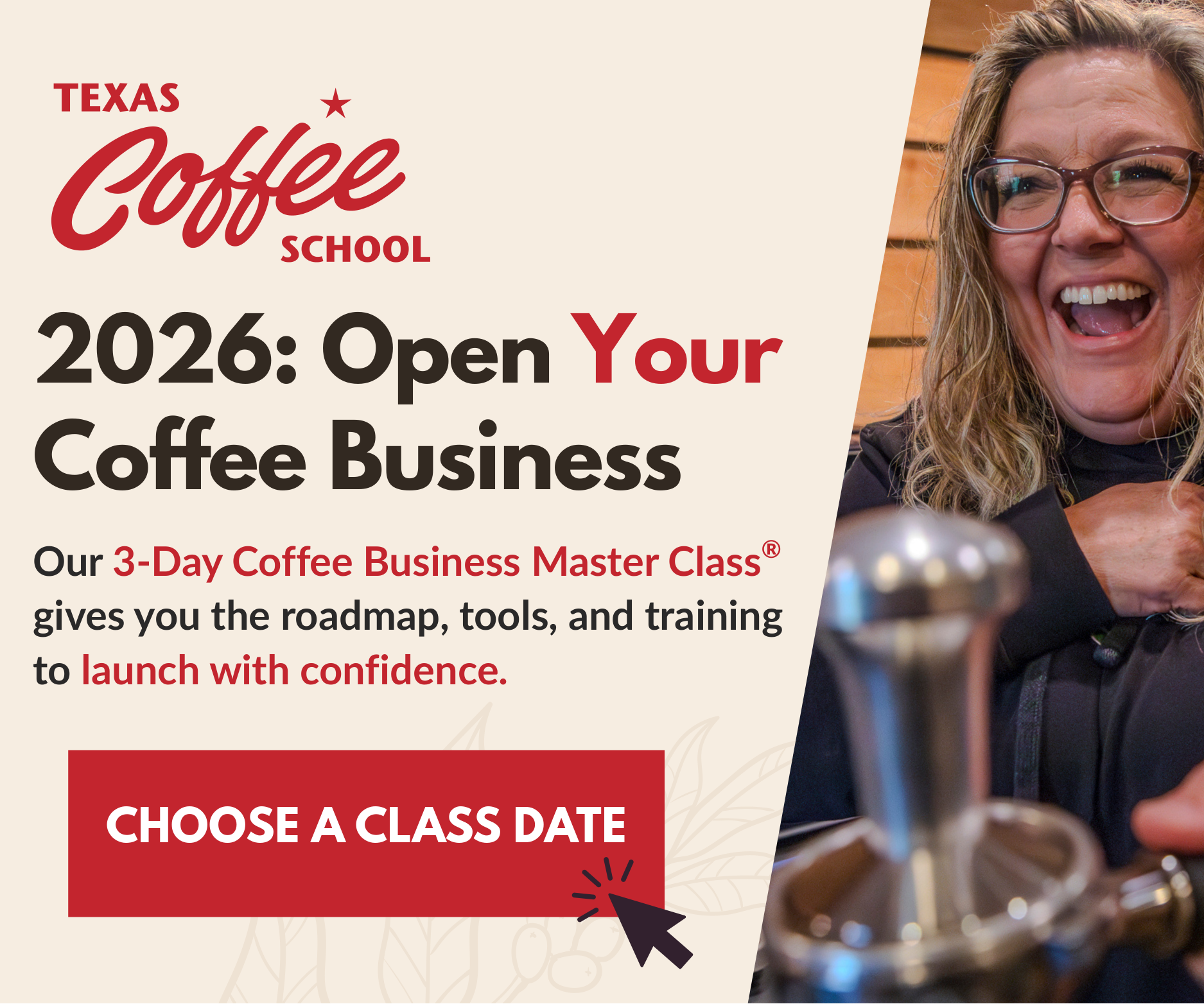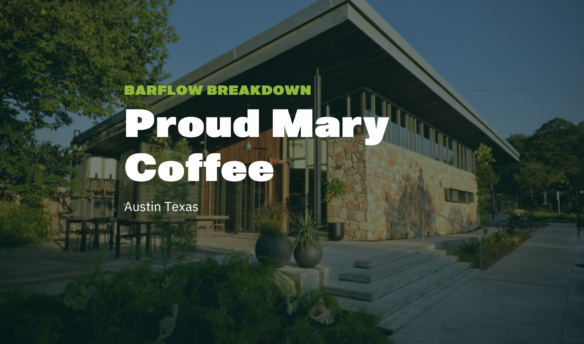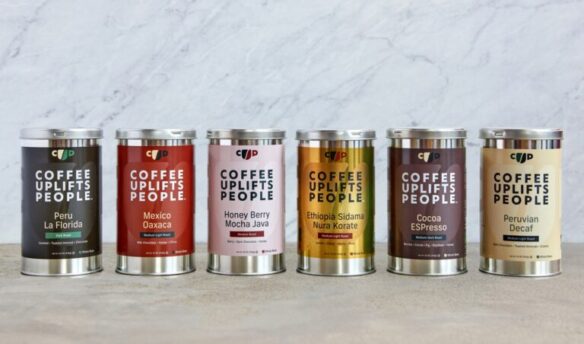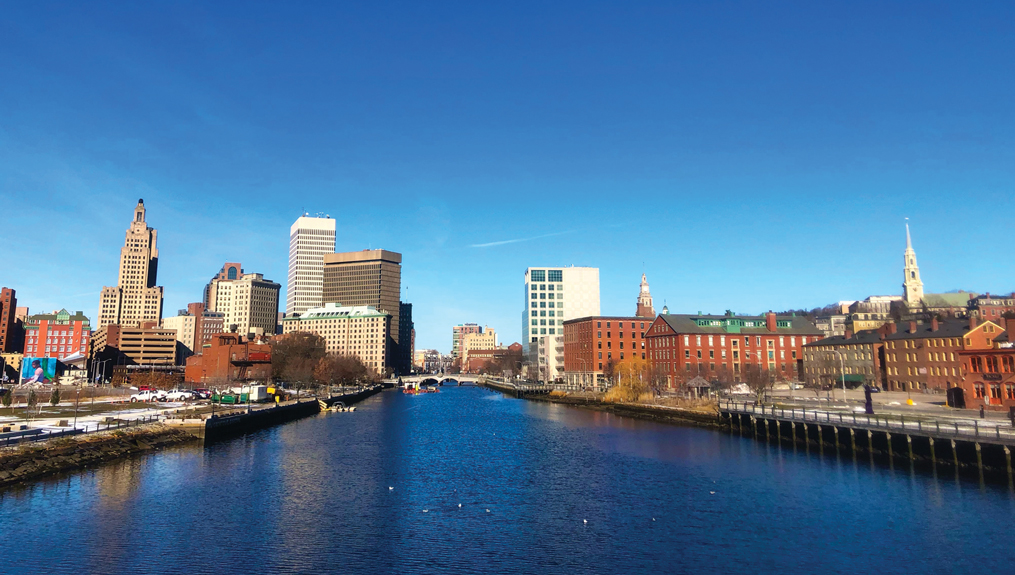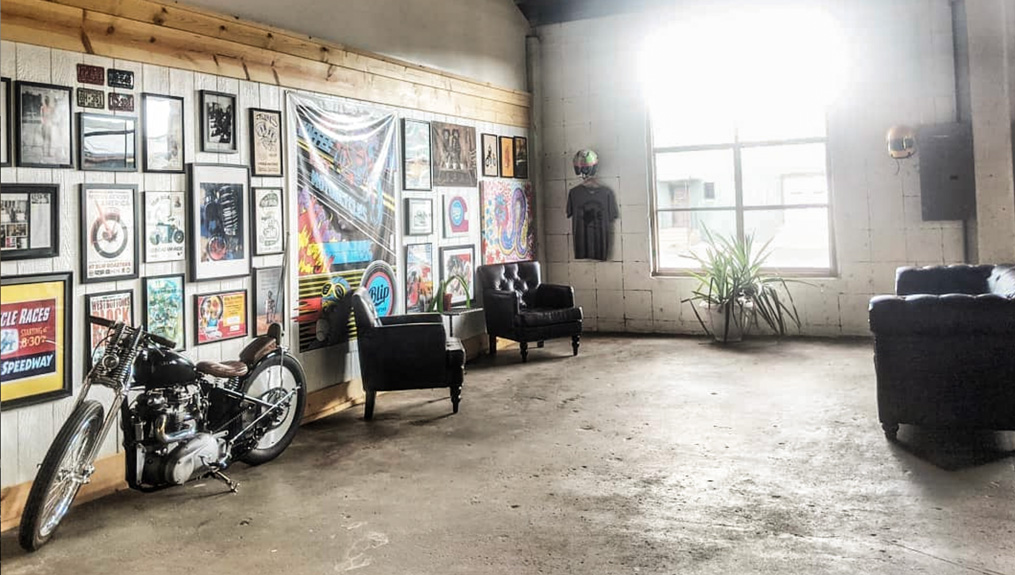[I]n San Diego’s North Park neighborhood—a culturally diverse borough known for its fine dining, craft beer bars and burgeoning cocktail scene—coffee culture is on the rise. Young Hickory, the neighborhood’s newest café, seeks to buck the local trend of boutique roasting and craft pour-overs, instead appealing to the city’s expansive appetite for locally brewed suds. Young Hickory serves up high-quality espresso, small plate food and canned craft beer from “early ’til late.” Graphic designer turned café owner Clay Summers says that by offering something simple and good—and toeing the line between tavern and coffee shop—Young Hickory is able to cater to North Park’s foodies, brew lovers and coffee drinkers alike, in a modern yet simple setting decked in laidback Southern California charm.

A: We definitely consider it a coffee shop first. We call it a coffee shop by name, and we don’t really like the term “bar” because there’s a certain stigma with that that we’re trying not to play into. We’re really just a place to hang out—that’s the simplest way to say it. We wanted to focus on good espresso and having good drip coffee to choose from, and it’s worked out really well. People seem to be responding to it positively. A lot of people come in and say, “Wow, this is really cool, this is a great combo. I love coffee and beer.” These are two of my favorite things—why not have them in the same place?
Q: What made you want to serve craft beers in addition to espresso?
A: You could call it a European concept. A lot of cafés in Europe don’t tend to split the two up the way we do here in the States. But it seemed like a very natural fit, especially for San Diego and especially for where we’re located on 30th Street, which has been called the “beer boulevard” by magazines in the past and is getting more breweries by the minute. We wanted to find a niche and dive in deep on that niche.
Q: Why serve canned beer exclusively?
A: There’s a really high recycle rate for cans, and the quality of the product stays better for longer because of the ability to keep light and oxygen out. It’s a simple process. We go straight out of the can, it stays well on the shelf and we’re not working on a 30-line tap system. We’re basically keeping the beer cold for people, popping the top when they buy it and letting them crush the can and recycle it when they’re done. And they gladly do all that stuff. All the hot drinks we serve are 12-ounce and all the iced drinks are 16-ounce. I think sometimes we sort of assume people want 1,000 choices when in fact they want something easy, and they want to know what they’re getting. That was a lot of the driving force behind the concept of the shop.
Q: San Diego is known for its beer—is coffee culture growing there too?
A: We have a really great coffee culture here now; within the last three or four years it’s blossomed a lot. Caffé Calabria is a local staple that has been roasting and serving coffee for a few years. Coffee & Tea Collective have been around for a couple of years and do their own roasting, pour-overs and espresso. A couple of my good friends have this coffee cart called the Roast Coach that they’ve done a really nice job with. They only do pour-overs, and they get their beans from a local roaster up in North County. Then there’s another new roaster called Dark Horse Coffee Roasters, in Normal Heights. We use Bird Rock Coffee Roasters, and they’ve been around since 2002 but they’re still gaining momentum. I don’t think San Diego has been known as a coffee place but we’re starting to get there. If you’re not a local the perception is that it’s always kind of hot and sunny here, but it’s actually kind of cool and cloudy in the mornings. Having coffee here is a pretty normal part of everybody’s day.
Q: What made you want to serve Bird Rock?
A: Their products are really good and the concept behind what [owner Chuck Patton] is doing was really attractive. He goes above and beyond what most companies do to help with his fair trade and his farmers, to make sure that they’re getting compensated the way they should be. They really focus on quality and, from a business standpoint, having somebody that has a good product but is a little less well-known helps us separate ourselves in the market too.

A: I wanted something that wasn’t strictly coffee related or beer related. I wanted us to be a little more abstract and not so literal. Our cross street is Polk Avenue, so I did a little research on James Polk and one of the things I came across was his nickname when he was president: Young Hickory. Andrew Jackson, his predecessor, was Old Hickory. I thought that name has a nice ring to it and is a good conversation starter. It’s relevant to the location but not exactly specific to the products that we sell. A lot of the decisions that I continue to make are rooted in my design background—in having a reason for doing everything, trying to do things with intent and having a concept behind all of them.
Photos by Jo-Allan Yuchongtian.


